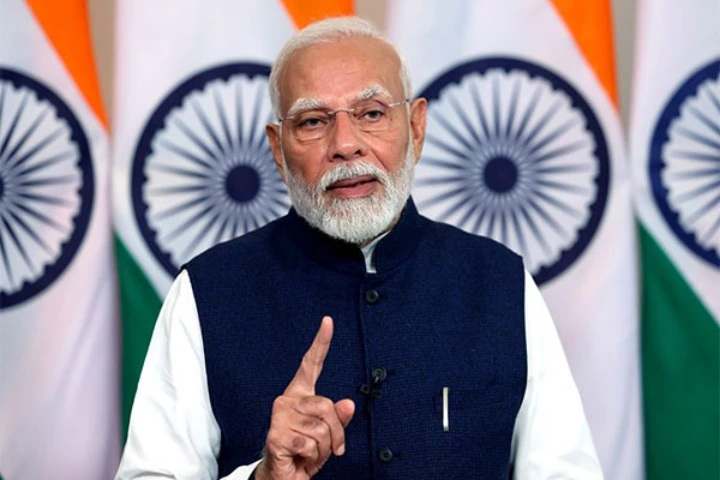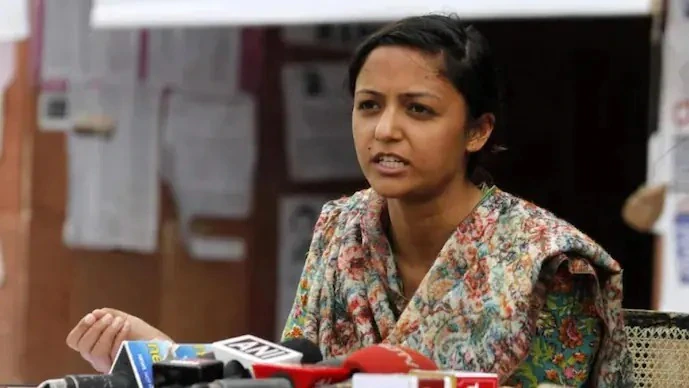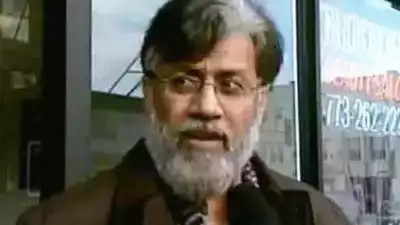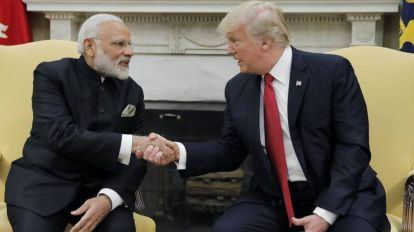NEW DELHI: In the 113th episode of his monthly radio program Mann Ki Baat, Prime Minister Narendra Modi commended the progress in India’s space sector, noting how space reforms have empowered the nation’s youth. He highlighted the significance of the first National Space Day, celebrated on August 23, marking the anniversary of Chandrayaan-3’s successful landing on the moon’s southern hemisphere at the Shiv-Shakti point, a milestone that made India the first country to achieve such a feat.
During the broadcast, PM Modi interacted with leaders from Galaxeye, a space-tech startup founded by IIT Madras alumni. Suyash, a team member, shared their journey, recounting their participation in the ‘Hyperloop’ project and their success on a global stage. “We formed a team called ‘Avishkar Hyperloop’ during our engineering studies and represented India in America. We were the only team from Asia and ranked among the top 20 teams out of 1,500 worldwide,” Suyash told the PM. Modi congratulated the team on their accomplishments.
Suyash also praised the government’s decision to open up and privatize the space sector, calling it a “landmark” reform. The team explained how their innovative sensor technology could capture clear satellite images even through clouds and during nighttime, which could be used to monitor borders, oceans, and provide intelligence to India’s armed forces. Additionally, they have developed a product for shrimp farmers that measures water quality in ponds from space at a fraction of the current cost. The team’s satellite images also aim to address global challenges like climate change.
When PM Modi inquired about the precision of their technology, the Galaxeye team said it delivers sub-50 cm resolution and covers over 300 sq km at a time. Another member highlighted how recent changes in government policies, such as the ‘Geo-Spatial Data Policy’ and the ‘Indian Space Policy,’ have made it easier for startups to collaborate with ISRO and test their hardware.
PM Modi reflected on how space sector reforms have triggered widespread benefits, inspiring young Indians to explore opportunities in this field within the country. “When reforms take place in a sector, they bring multiple benefits, and many people are uplifted,” he concluded.




